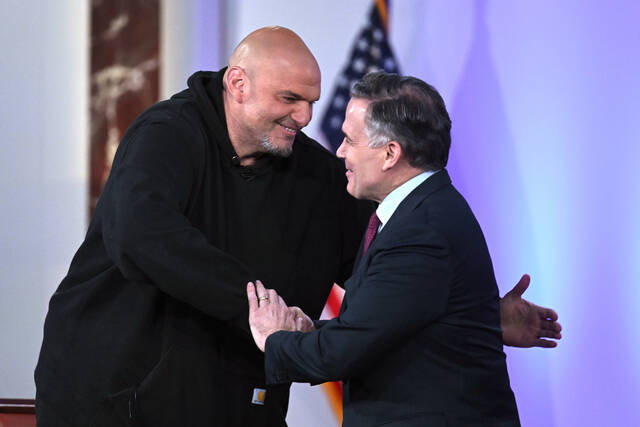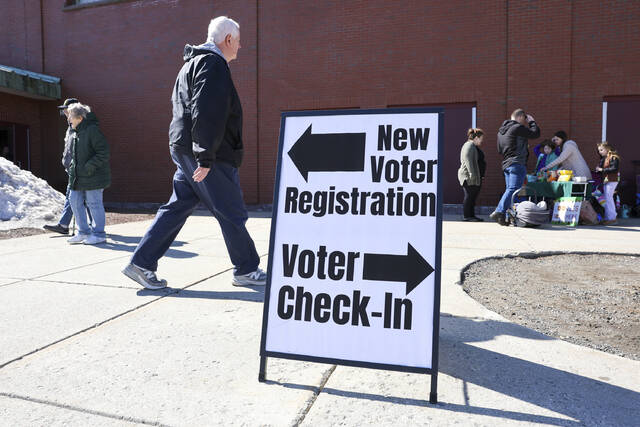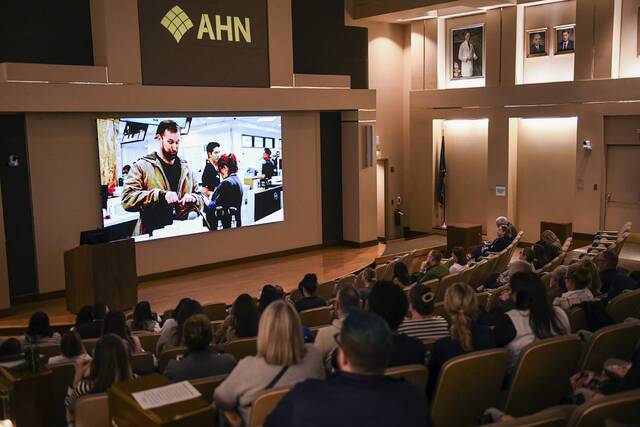When it comes to tragic outcomes, death can often be seen as the most terrible end.
It is important to remember that sometimes that might not be true.
Jacob Jaillet was not murdered by a bullet on July 27, 2021. It severed the 21-year-old’s spinal cord and left him imprisoned in a body that no longer responded to him.
That bullet didn’t find him because he was doing anything wrong. An Edinboro University of Pennsylvania student, he was working at a U-Haul location on Washington Boulevard in Pittsburgh. He had just helped a man rent a pickup truck and handed over the keys when the renter, Braijon Burton, 24, shot him in the back.
It was a split-second action. It turned Jaillet from a hard-working guy with an infectious laugh and a love of life into someone who silently begged for an end.
The only thing Jaillet could control was his eyes. His parents wrote on a whiteboard. He blinked for yes or no.
“He asked us, ‘When can I die?’ ” his mother, Tami Jaillet, said.
Five days later, Jaillet was gone.
His case is an extreme example. Locked-in syndrome affects fewer than 1,000 Americans. But much of the attention on guns focuses on the horror of death — like the victims of the Pittsburgh synagogue shooting or the children identified by DNA after the Uvalde shooting.
What gets less attention is those who survive the initial shooting but are left with profound injuries or permanent changes. A 2020 study in the Canadian Medical Association Journal showed underestimated long-term disabilities.
The NSSF Firearm Industry Trade Association estimated total economic activity of the gun industry at $90 billion for 2023. The American Journal of Preventative Medicine put the cost of firearm-related deaths and injuries at $493.2 billion in 2020.
Telling the story of dead children in an elementary school or dead worshippers at a synagogue has not accomplished change. It hasn’t stopped more people from being killed.
Is it possible that pointing out how much more money is spent on the fallout of gun crimes than is generated by the gun industry could help bring people to the table to find a solution?
If not, maybe the story of a college student who loved his dog and his video games and was his dad’s best friend can.








